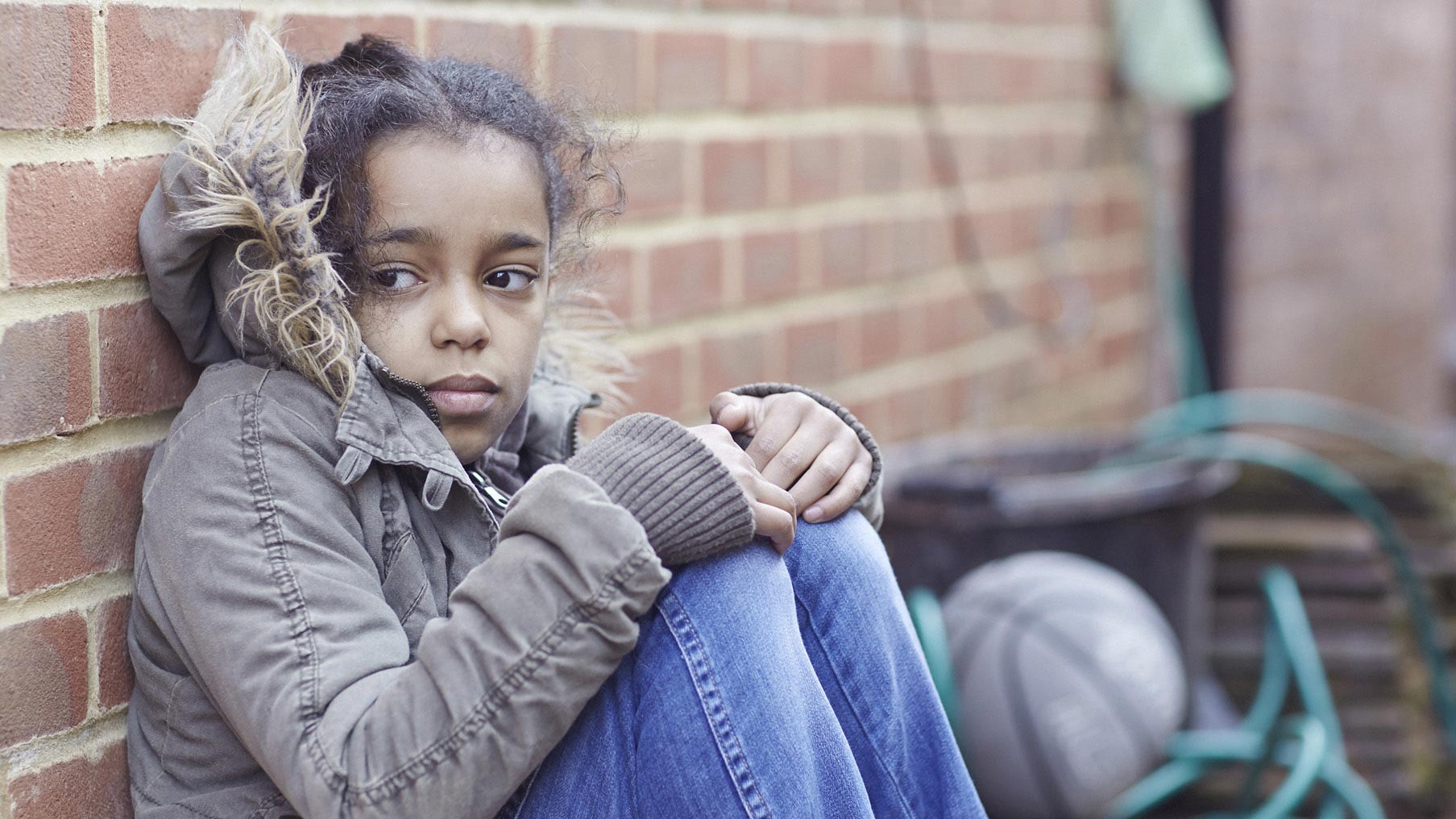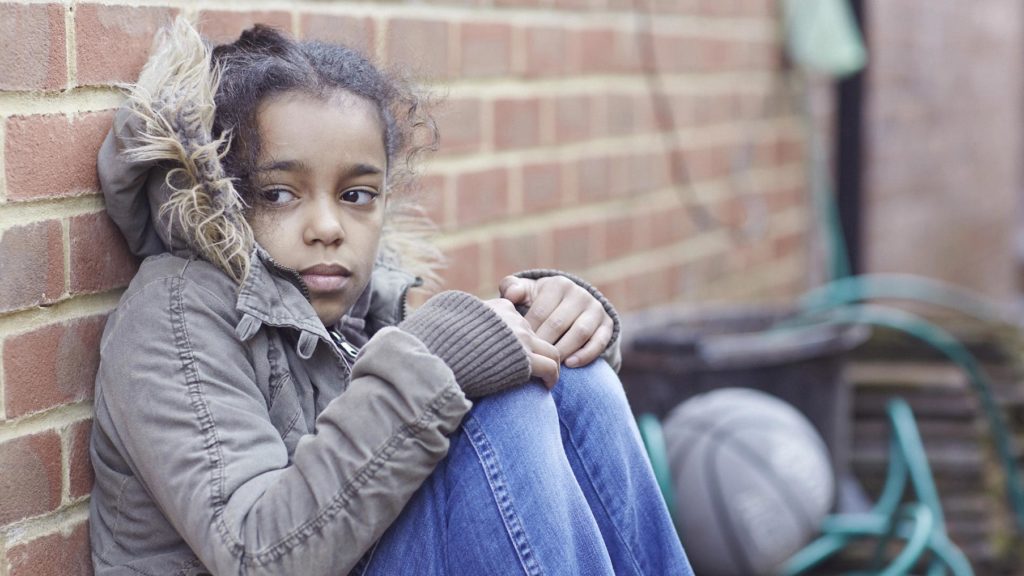Stress in Kids is More
Today, kids are more stressed out and less incapable of managing stressful circumstances. This increases the chances of committing suicides and heinous crimes even on pettier issues.
According to WHO definition of health
Health is a state of complete physical, mental and social well-being and not merely the absence of disease or infirmity
Physical vs Mental Fitness of your Child
Mostly parents, grandparents, relatives, neighbors often emphasize the physical fitness of a child, oblivious with the fact that mental health and emotional well being are crucial too for a healthy body.
Physical parameters of growth and fitness, being visually easy to assess, are often misunderstood as sole predictors of proper growth and development of a child. However, the truth is An Unhealthy mind ruins a healthy body. Emotional upliftment of a child is an area where we all lag chiefly due to ignorance. A healthy mind is quintessential for healthy overall growth and development of a child.
Growing Phase of Kids like Blast Furnances
Kids in growing phase are just like small blast furnaces, constantly creating and burning energies. Diverting this energy into positive, creative, constructive and productive way is mandatory. A child should vent out all energies in the form of action, feelings and emotions in a productive way. An emotionally labile child may opt for an alternate way to channelize energies. When expressed, the child becomes more aggressive, may exhibit antisocial behavior, personality conflicts and prone to substance abuse in future. These children often face difficulties with social interactions. Equally, they may be not be expressed at all and manifest as depression, anxiety and social withdrawal.
Moreover, emotional stress can make your kid susceptible to physical illness. It is common for students to suffer from viral infections due to exam stress. Stress from lack of control in any environment, workplace or from life events creates susceptibility to heart disease or other lifestyle-related diseases.
Importance of Emotional Health of your Child
- Psychological, Spiritual development
- Inculcates creativity
- Better academic performance
- Enhancement of intellectance (the ability of a human being to learn things)
- Better immunity and health
- The child is more empathetic, compassionate and aware of needs of other, more sensitive to surroundings, can initiate and sustain mutually satisfying personal relationships,
- Use and enjoy solitude constructively.
- Development of a sense of right and wrong, optimism, confidence, happiness, clarity, vitality, self-worth, achievement.
- Can easily handle personnel and professional setbacks more maturely and learn from failures by analyzing the reasons and resolving problems.
- A better expression of emotions.
Factors Responsible for Emotional Stress
- Familial conflicts
- Lack of school motivation
- Academic performance
- Unrealistic expectations from family and friends
- Relational issues
- Excessively conscious about body image (excessive lean or obese)
- Wearing the right brands of clothes
- Latest technological gadgets
- Bullying (at school and cyber bullying)
- Behavioral issues, problems with attention and self-regulation [such as ADHD and attention deficit disorder (ADD).
- Sleep disorders
- Obesity
- Physical inertness with Sedentary lifestyles
- Computer and new gadgets dependency
- Drug abuse
11 Ways to Make you Child Emotionally Stable
- Provide a harmonious environment at home An old proverb “like father like son”. A child carries genes from parents but the expression of genes is affected by the environment which is comprised of the behavior of parents, friends, society, religion, surrounding people and past experiences.Home is the first school of a child. Factors which increase the likelihood that children will show emotional disturbance over time include marital conflicts and familial issues, being raised in poverty, teen and single parenthood, parental depression, and hostile/angry parenting. Give time to your kids. Bad experiences carried in childhood can leave life long scars reflected in the personality of a child.
- Let’s talk: Communication is the key
Talk often to your child, no matter how hard your child tries to obscure his or her feelings, stress reflects on their faces, in their behaviour and day to day routine. A child should feel free to talk to you regarding any matter. - Never compare: Comparison kills genuine efforts
Stop attitude ‘Bagal wale Sharma Ji ka beta’ attitude. Do not compare your child with anybody else. Most of the time comparison is taken wrongly by a kid, leading to inferiority complex and feeling of worthlessness. Parents should not make a comparison between siblings and should not be gender biased. - Involve with school
Putting your child into the school does not end your duties and responsibilities. A child is mutual responsibility of parents and school. Lack of parental engagement with schools can be detrimental to supporting children’s emotional needs. - Never put prejudices in front of your kid
Very often if we have grudge against somebody, we feed the same to our kids’ minds. Young brains are incapable of rationalising things, they believe what they see. Don’t make your child hate anybody. Let your child experience the world on his own. Don’t impose your thinking as well as expectations over them. - Teach your kid to expect a little
It is a natural trait of a human race, “To expect”. Too many expectations from any relation in this world add burden and cultivate problems, in case if they are not fulfilled as desired. - Encourage your child to adopt a healthy and physically active lifestyle
Increased physical activity is associated with better physical, psychological and social health and emotional well being. Engage your child in recreational activities, leisure time and hobbies.Yoga is also an effective way which provides training of mind and body to bring emotional balance. It trains tiny souls to listen inward, to their bodies, feelings, and ideas.A common saying in India ” Jaisa ann vaisa tann“. What you eat impacts your body. Encourage your child to adopt healthy eating habits. Limit junk food. Excessive junk food consumption is deleterious, especially when it is substituting regular nutrition. - Manage screen time of your child
Children worldwide are spending more and more time in front of television sets or computer screens and on cell phones, making media a central part of their lives. Issues such as cyberbullying, young children being exposed to violence, and sexually explicit material, as well as extreme or inappropriate behaviours, are detrimental to the emotional wellbeing of a child. - Appreciate your kid’s effort: It does wonders
Your child may not have done the task as tidy as you wished, but never lose a chance to appreciate even a small gesture done by your kid. Later on, you can tell the limitations too. Appreciation is a positive reinforcement emotionally, boosting the morale of your kid. - Never shy to take your kid to a psychiatrist
Mental health and emotional health are often used interchangeably, although they ate closely related. Getting treatment from a psychiatrist is often considered a taboo in society. If in case you feel that your child is not emotionally stable, emotional liability is hindering growth and development of your child, please do not hesitate to visit a psychiatrist. - Train yourself too and set an ideal in front of your kids
Last but not least. Do not only preach and teach to your kids. Ambiguity confuses young brains. Try to stick to your own teachings and follow them religiously.
Read More:
11 October – Celebrated as World Girl Child Day
Know all about Act for Child Sexual Abuse-POCSO
Why it’s Important for your Kid to have hobbies?
Life after school: Role of hobbies





